Here Are The Incredibly Low Odds the 6 Original Avengers Had of Surviving Infinity War
Comment number:
12
Advertisement
Showing 6 results
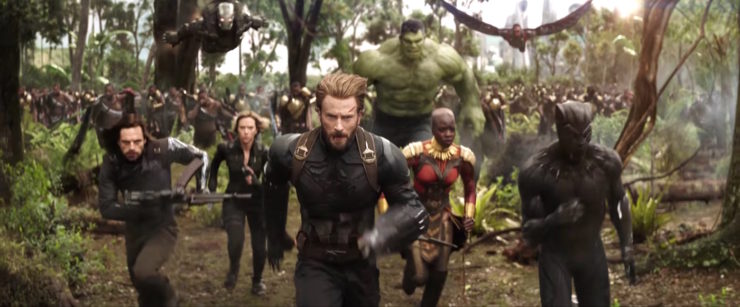
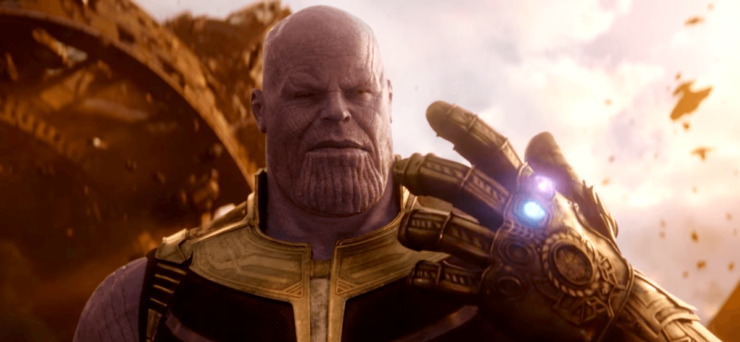
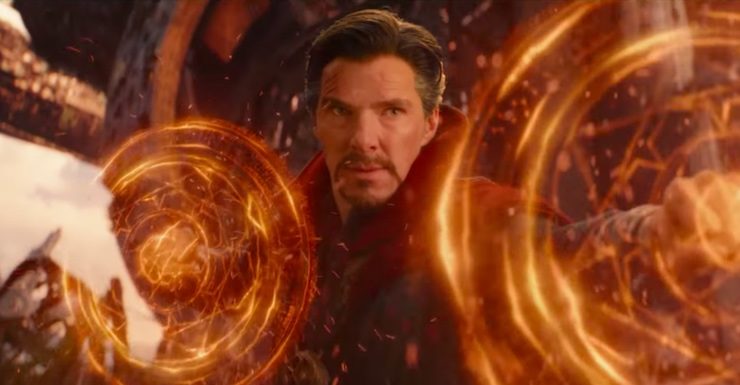
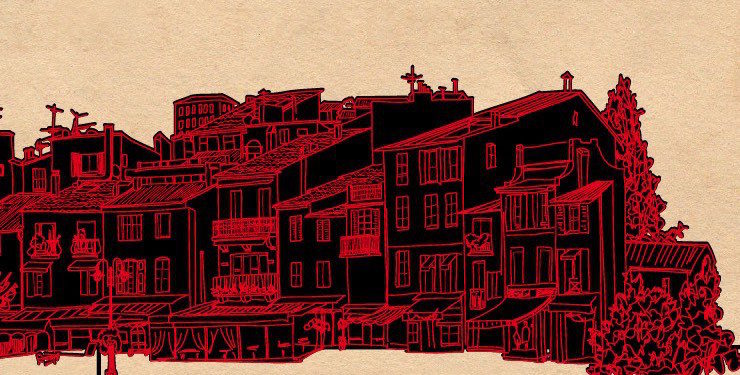
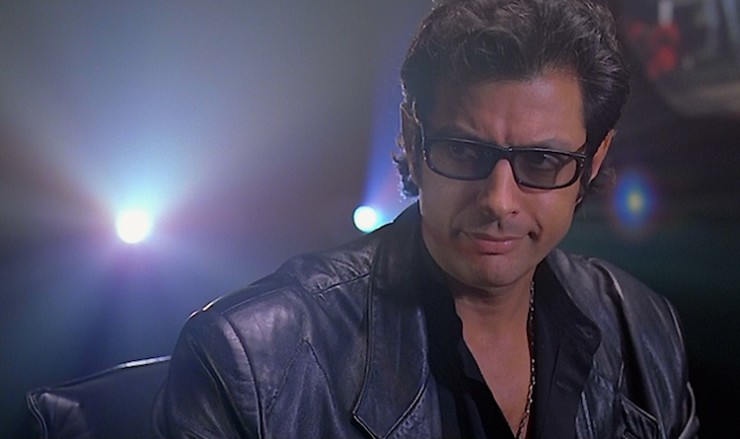
“You want stories?" Thom Merrilin declaimed. "I have stories, and I will give them to you. I will make them come alive before your eyes.”
Robert Jordan, The Eye Of The World
For compliance with applicable privacy laws:



